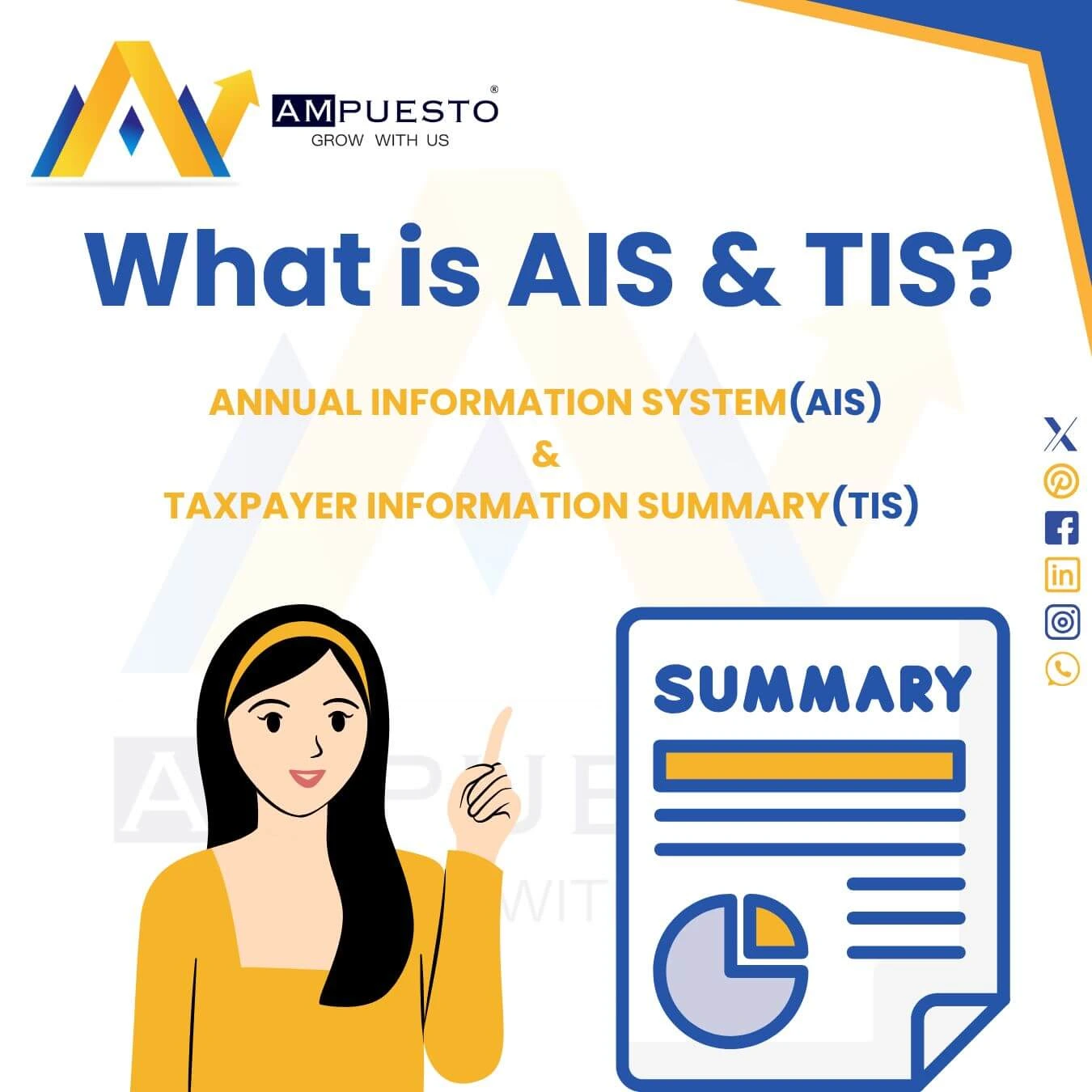
loading...


In an ever-evolving corporate landscape, transparency and accountability are paramount. One crucial aspect of this transparency is the audit process, which ensures that a company's financial statements are accurate and reliable. The Companies (Auditor's Report) Order, 2020 (CARO 2020) marks a significant step in improving corporate governance and transparency in India. Issued under the Companies Act, 2013, CARO 2020 lays out additional reporting requirements for statutory auditors of companies. It aims to enhance the quality of financial reporting and bring greater accountability to the corporate sector. In this blog, we'll explore the applicability of CARO 2020 and the detailed reporting requirements it imposes.
The Companies Auditors Report Order 2020, often referred to as CARO 2020, is a directive issued by the Ministry of Corporate Affairs in India. It outlines the specific requirements that auditors must adhere to when examining a company's financial statements. The primary goal of CARO 2020 is to enhance the quality of financial reporting, thereby increasing transparency and ensuring that stakeholders can make informed decisions.
1. Expanded Reporting Requirements
CARO 2020 significantly expands the reporting requirements for auditors. It mandates that auditors report on a wide range of aspects, including internal financial controls, loans granted, investments made, and guarantees provided by the company.
2. Evaluation of Fraud
The order necessitates that auditors evaluate the company's internal control systems to identify and report any instances of fraud. This is a vital step in maintaining the integrity of financial reporting.
3. Reporting on Default in Loan Repayments
Under CARO 2020, auditors are required to report instances of defaults in loan repayments, providing stakeholders with a clearer picture of the company's financial health.
CARO 2020 is applicable to all statutory audits commencing on or after April 1, 2021, corresponding to the financial year 2020-21. It encompasses all companies that were previously covered by CARO 2016. However, certain categories of companies are exempt from its requirements. These include one person companies, small companies with specific criteria, banking companies, charitable organizations, and insurance companies. Additionally, private companies that meet certain financial thresholds are also exempt from CARO 2020.
CARO 2020 introduces a range of reporting requirements that auditors must address in their reports. Let's delve into the specific areas covered by these reporting requirements:
These reporting requirements are critical in promoting transparency and compliance in the corporate sector.
The Companies Auditors Report Order 2020 has several implications for companies. It places a greater onus on them to maintain accurate and transparent financial records. Companies must ensure that their internal controls are robust, and they comply with all regulatory requirements to avoid adverse audit reports.
CARO 2020 isn't just about compliance; it offers several benefits for all stakeholders involved.
1. Enhanced Accountability
By making auditors report extensively on various aspects of a company's financial health, CARO 2020 enhances accountability, ensuring that companies maintain the highest standards of transparency.
2. Improved Investor Confidence
Investors base their decisions on audited financial figures. CARO 2020 helps improve investor confidence by providing more comprehensive and reliable financial reports.
3. Prevention of Fraud
The order's focus on evaluating and reporting fraud helps in preventing fraudulent activities within companies, safeguarding the interests of shareholders and creditors.
In conclusion, the Companies Auditors Report Order 2020 is a pivotal development in the world of corporate governance. It enhances transparency, accountability, and the reliability of financial statements, benefiting companies, investors, and all stakeholders. To stay ahead in the ever-changing business environment, companies must embrace the principles and guidelines laid out in CARO 2020.
FAQs
1. What is CARO 2020?
CARO 2020, or the Companies Auditors Report Order 2020, is a directive issued by the Ministry of Corporate Affairs in India, outlining specific requirements for auditors when examining a company's financial statements.
2. What are the key changes in CARO 2020?
Some key changes in CARO 2020 include expanded reporting requirements, the evaluation of fraud, and reporting on default in loan repayments.
3. How does CARO 2020 enhance accountability?
CARO 2020 enhances accountability by making auditors report extensively on various aspects of a company's financial health, ensuring that companies maintain high standards of transparency.
4. What are the benefits of CARO 2020?
The benefits of CARO 2020 include enhanced investor confidence, improved prevention of fraud, and overall better financial reporting quality.
5. Who does CARO 2020 benefit?
CARO 2020 benefits companies, investors, shareholders, and all stakeholders by increasing transparency and accountability in financial reporting.

Introduction Managing taxes efficiently is an ess
Detail Information
Introduction Input Tax Credit (ITC) is one of the
Detail Information
Section 80C of the Income Tax Act is one of the mo
Detail Information
Filing your Income Tax Return (ITR) is an essentia
Detail Information
Introduction Understanding the Annual Information
Detail Information